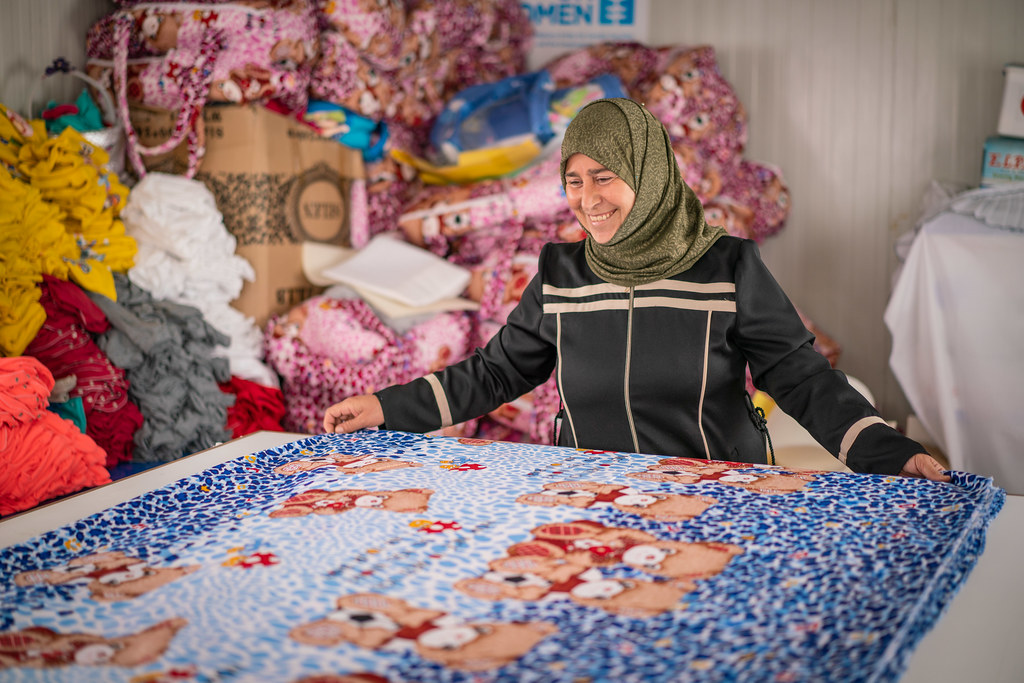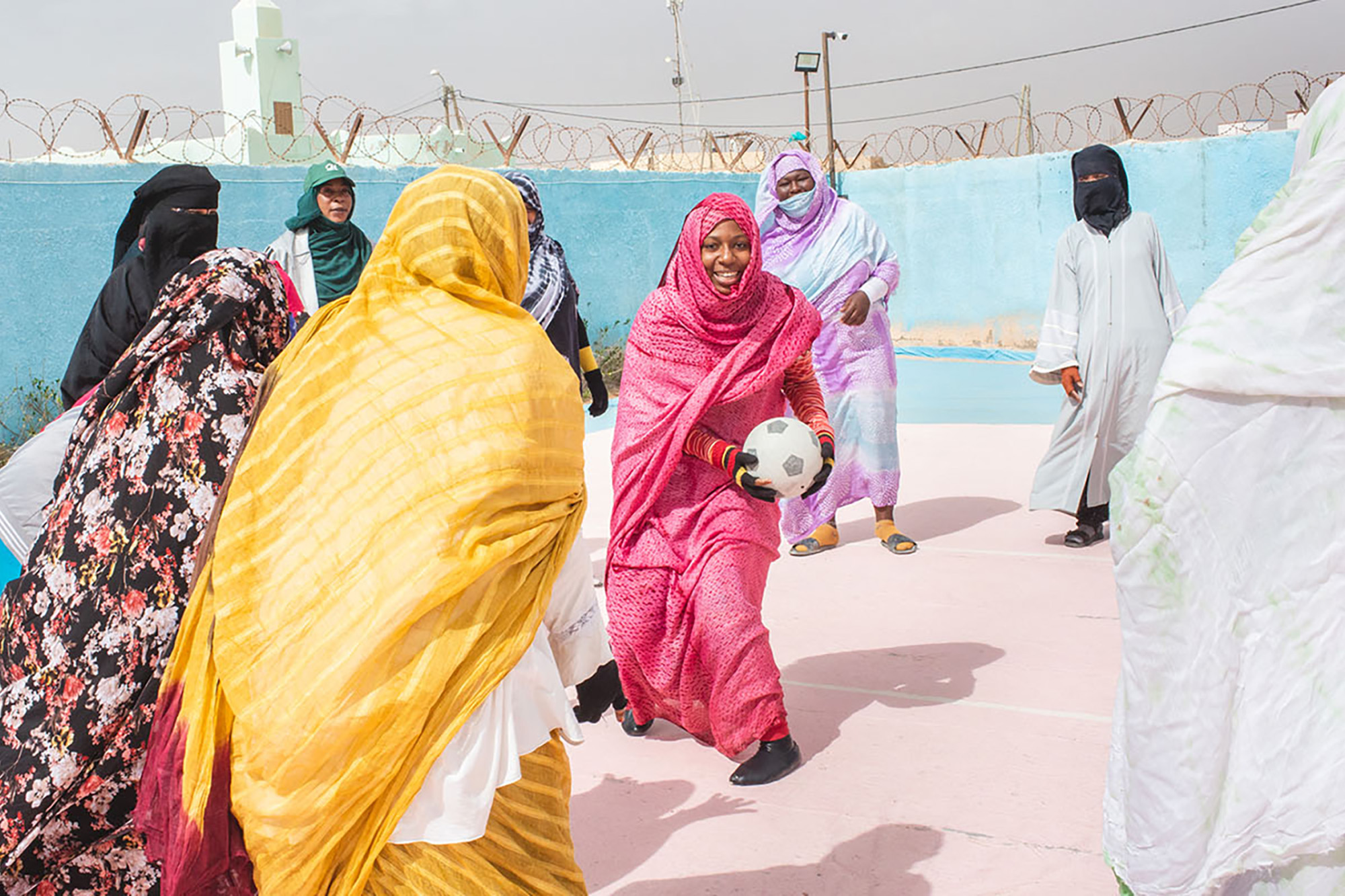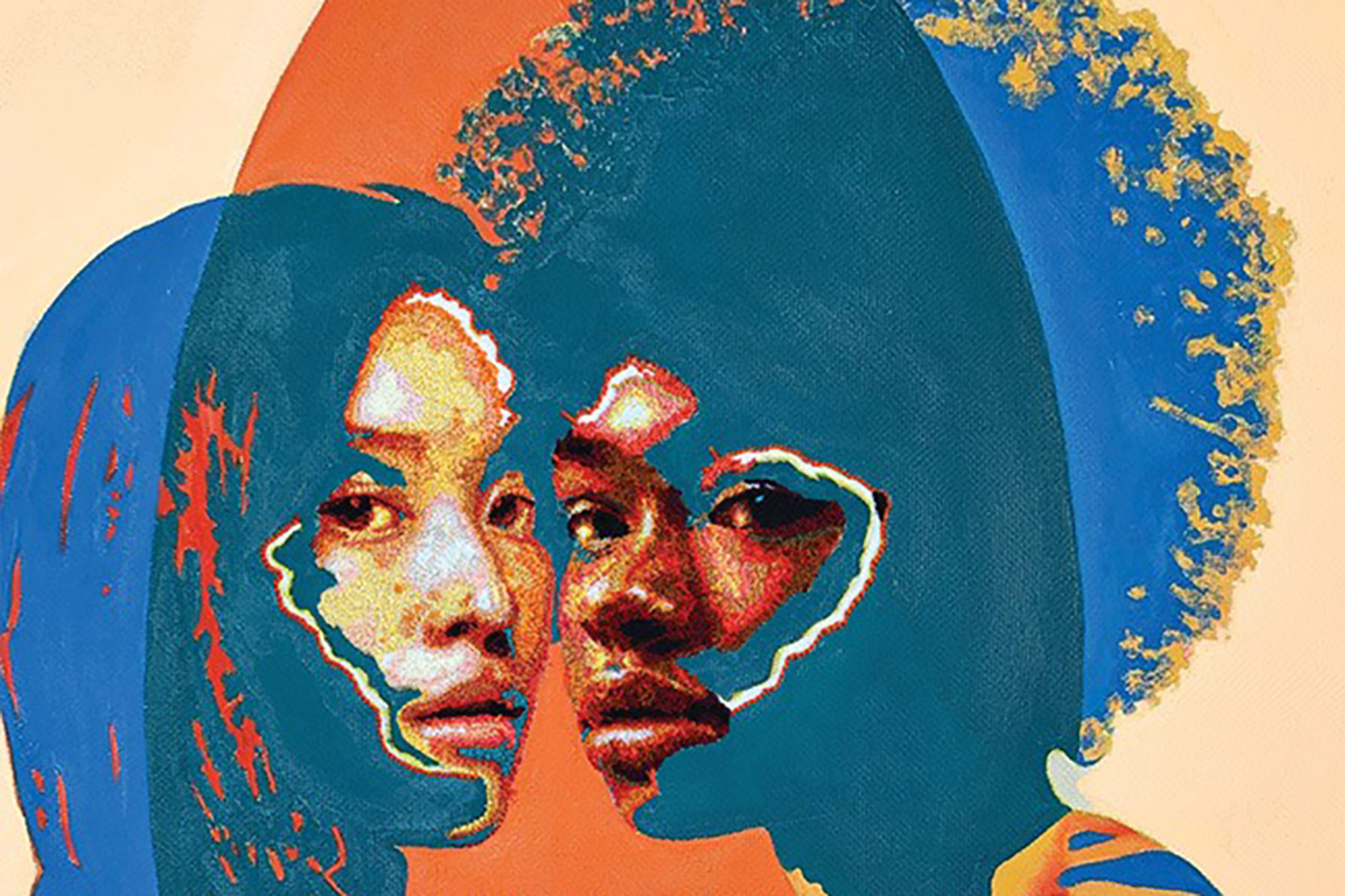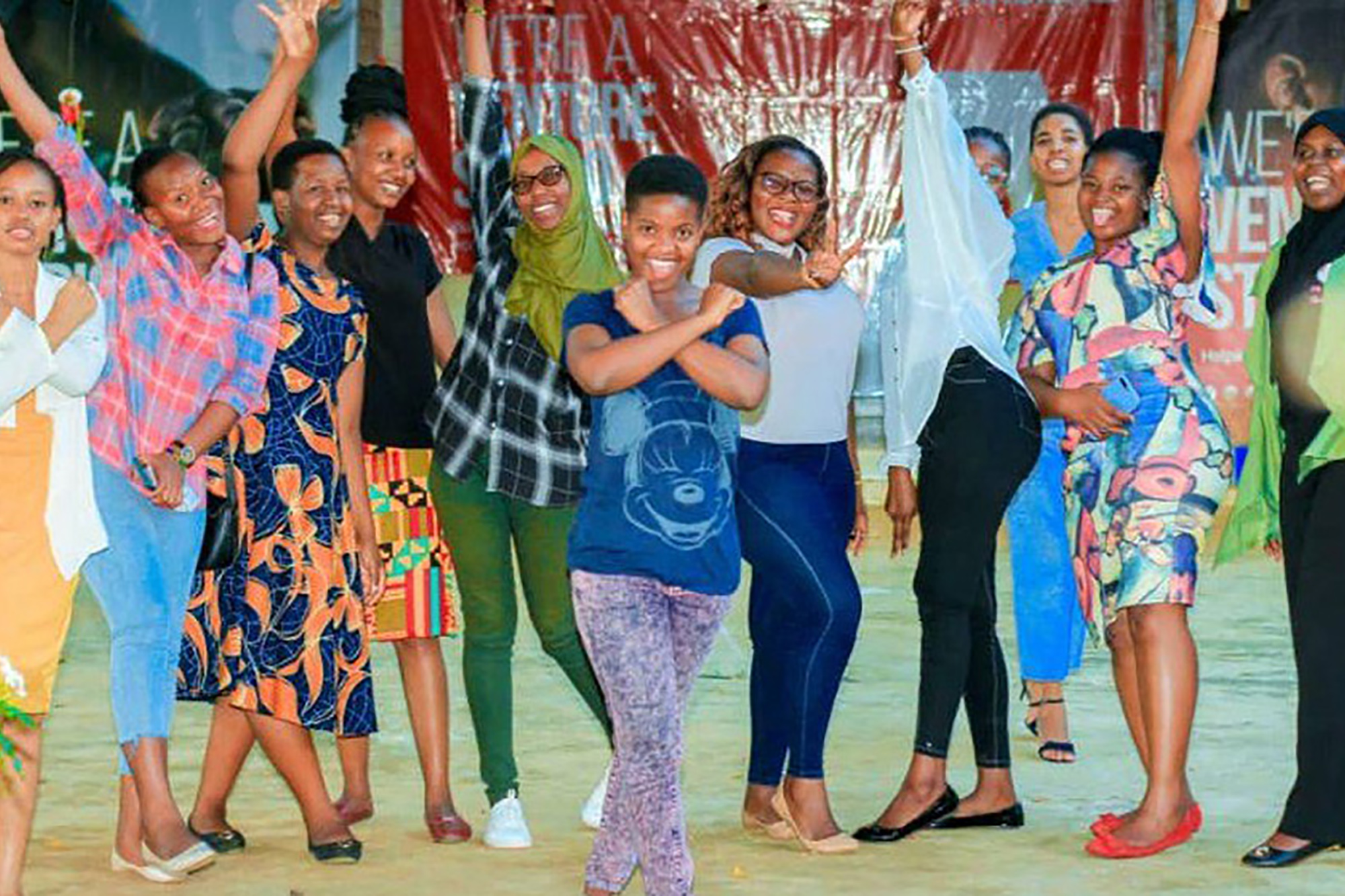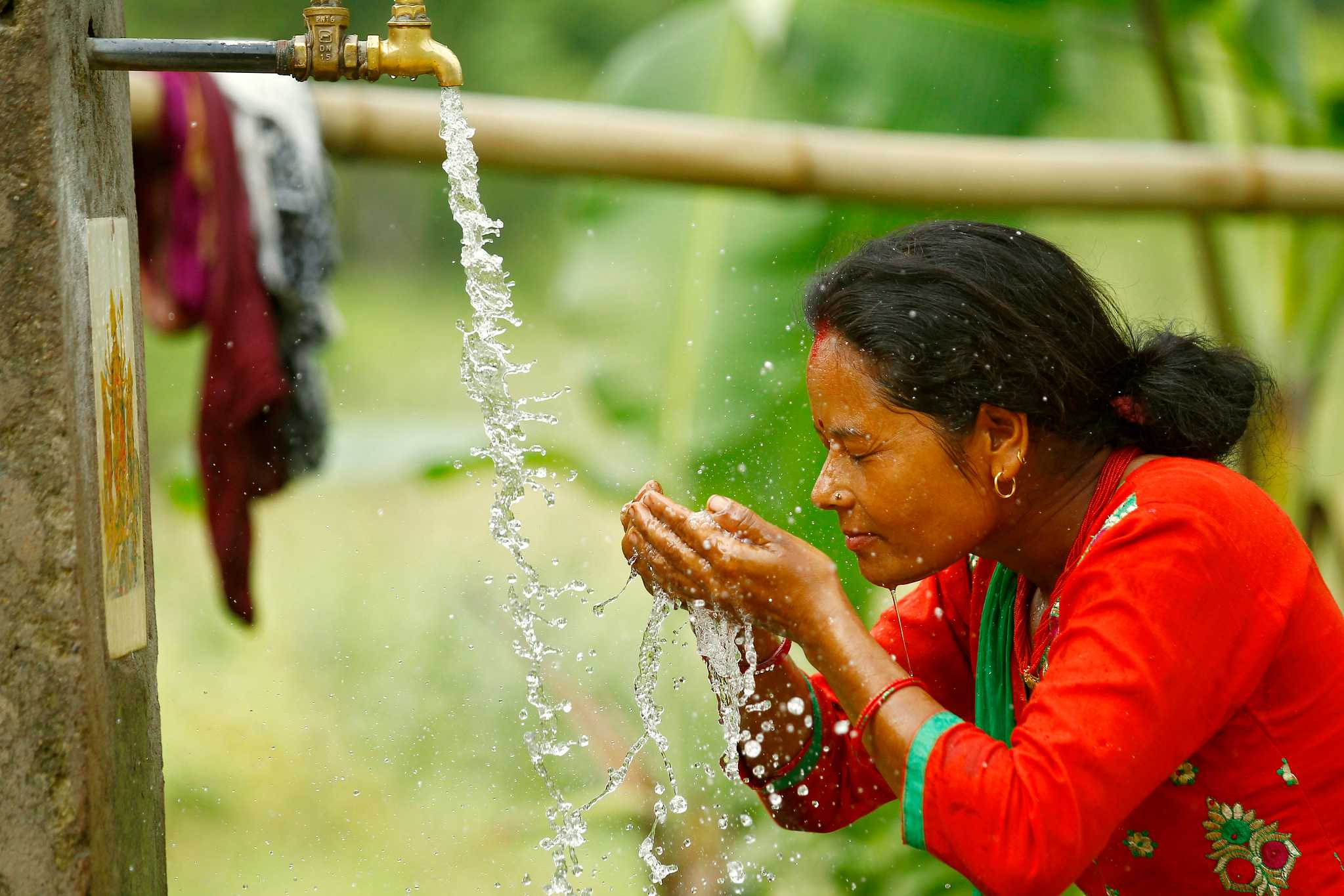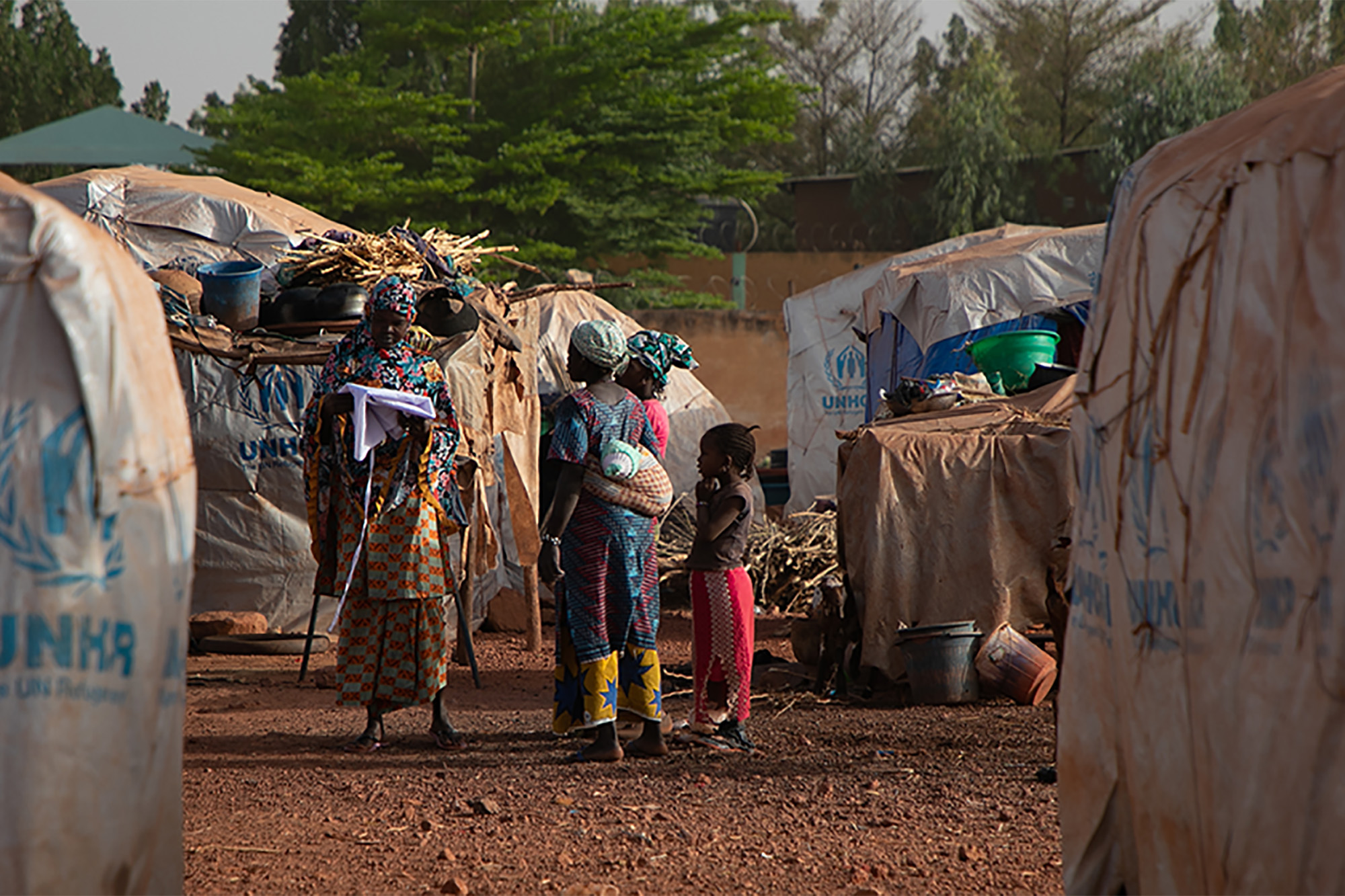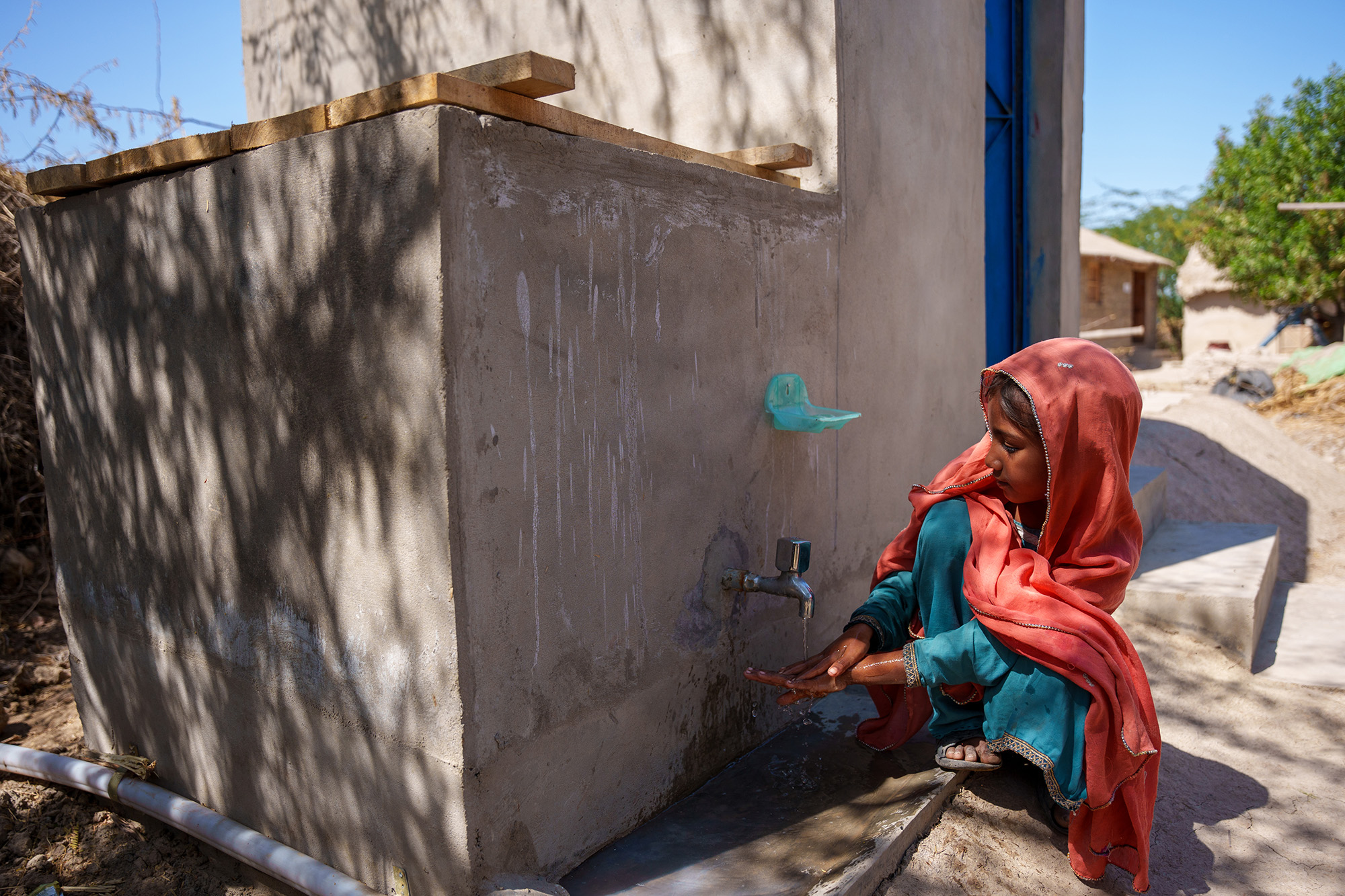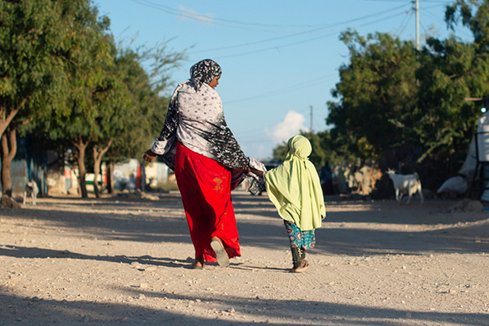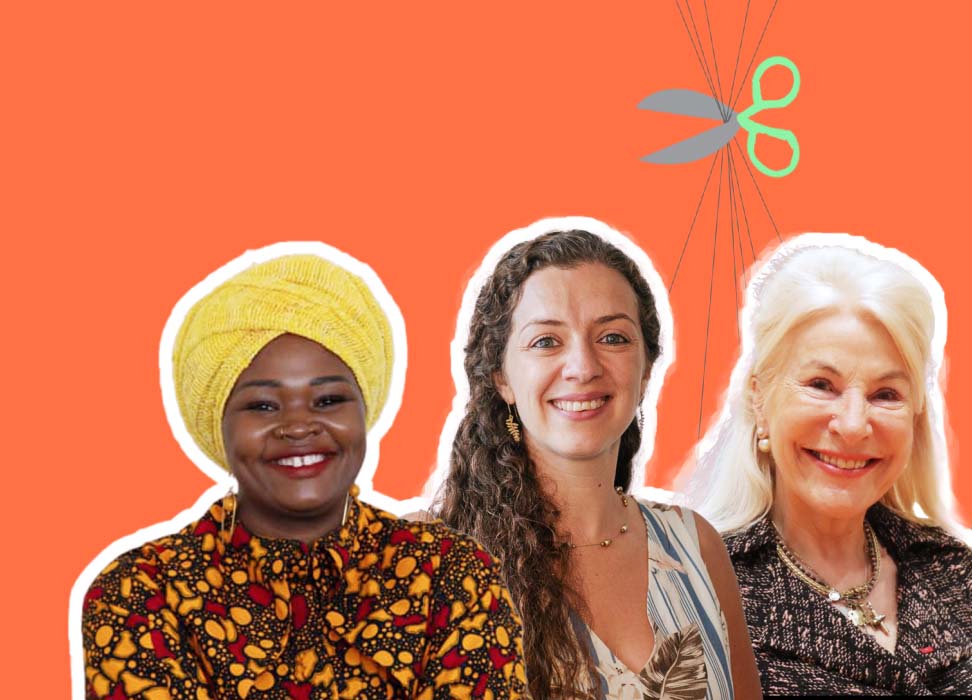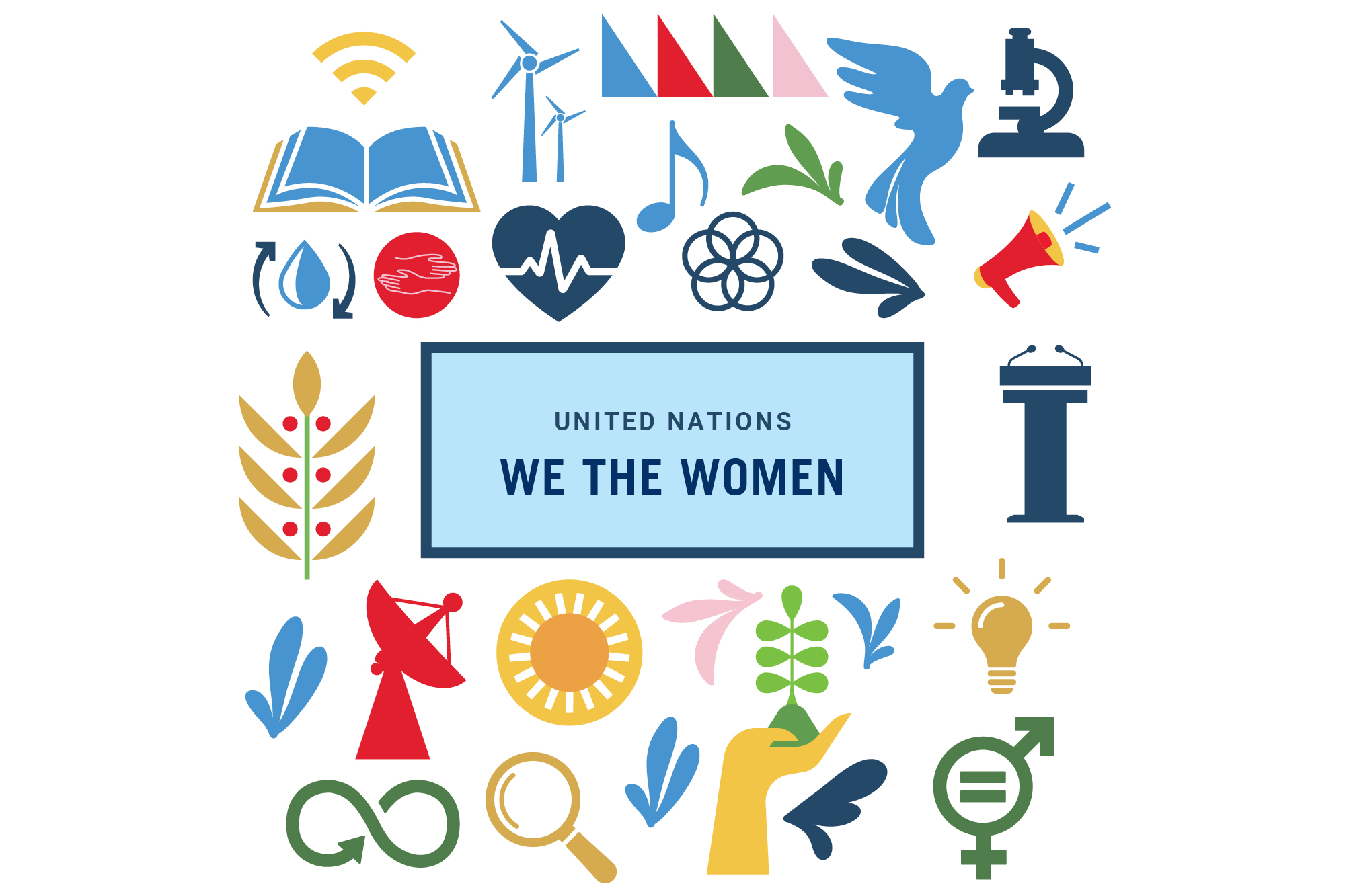Around the world and through the decades, we have all shared in the global struggle for gender equality.
Women and Gender Equality
The world has made unprecedented advances, but no country has achieved gender equality. Legal restrictions have kept 2.7 billion women from having the same choice of jobs as men. Less than 25% of parliamentarians are women. One in three women experiences gender-based violence. International Women’s Day, 8 March, is a time to reflect on progress made, to call for change and to celebrate acts of courage and determination by ordinary women. This year’s theme, I am Generation Equality: Realizing Women’s Rights, is aligned with UN Women’s campaign marking the 25th anniversary of the Beijing Declaration and Platform for Action. Let’s make 2020 count for women and girls everywhere!
Why do UNFPA and the humanitarian workers we support continue to help the seemingly endless number of women and girls in need? Because we care, and we know you do too.
Learn more about our mission to deliver a world where every pregnancy is wanted, every childbirth is safe and every young person's potential is fulfilled.
At the 1994 International Conference on Population and Development, world leaders recognized that sustainable development requires prioritizing human rights, including sexual and reproductive health and rights, and empowering women and girls. While progress has been made, it has not been equal for everyone, and crises like climate change and war threaten to roll back advances. 30 years later, 47 UN Member States are meeting to assess progress and commit to closing gaps and ensuring rights and choices for all.
In Ethiopia's Somali Region, women are not only building businesses but also resilience against climate change through empowerment initiatives that provide training, access to markets, and financial services.
Despite women now constituting 40% of high-skill occupations worldwide, their involvement in ICT-related fields remains disproportionately low. This year's International Girls in ICT Day celebrations emphasize the crucial necessity for influential female role models in science, technology, engineering, and mathematics (STEM) careers. The 2024 event, under the theme of "Leadership," highlights the importance of exposing girls and young women to leadership roles in STEM, aiming to inspire them and dismantle barriers that impede their advancement. Let's support #GirlsinICTday!
Today in Geneva, the United Nations Population Fund (UNFPA) unveils its flagship report "The State of World Population 2024: Interwoven Lives, Threads of Hope". The report calls for global action to dismantle unjust and discriminatory structures that hinder millions from realizing their full rights and potential. Dr. Natalia Kanem, Executive Director of UNFPA, along with a panel of experts, will delve into the report's compelling evidence on the systemic and intersectional discrimination impacting women's health and well-being.
Chioma Uzoma, a 26-year-old Nigerian, is leading a team of six women to empower young women to take charge of their health. The team is one of the 14 winners of the female-led 4HerPower Challenge, an initiative of the United Nations Population Fund (UNFPA) to support innovations in sexual and reproductive health for young people worldwide. Gender inequality in health research, data collection, and investment results in women spending 25% more of their lives in debilitating illness than men do, costing the global economy an estimated $1 trillion. However, women innovators are stepping up to bridge the gap and save lives. Despite this, UNFPA estimates that $222 billion would need to be invested in the health and rights of women and girls by 2030, a goal that funding is not currently on track to meet.
It is estimated that around 60 million individuals are currently at risk of encountering mines and other explosive ordnance. Many of these individuals live in areas where conflicts have officially ended years or even decades ago, while others are in regions where wars are still ongoing. The active participation of women in addressing the challenges presented by explosive ordnance is now being recognized as a crucial factor in unlocking the sustainable development benefits of mine action. Read the testimonies of women who have cleared mines in Azerbaijan, Ukraine, and Laos PDR after receiving training conducted by the United Nations Development Programme (UNDP).
The disproportionate burden of crises, including protracted conflicts and climate change, falls heavily on women and girls, amplifying care demands that often go unrecognized.
Mali's central and northern regions have been plagued by violence and insecurity in recent years. Terrorist groups have taken control of many remote villages, causing mass displacement, while maternal mortality rates are up to 35 times higher than in developed countries. Access to maternal health services is nearly impossible. In this complicated scenario, the United Nations Population Fund (UNFPA) is equipping the maternity ward at Sominé Dolo Hospital in the Mopti region. UNFPA partner HELP sends mobile health units to rural areas of Mopti to reach women and girls with essential services and transport critical cases to health centers.
Women and girls were disproportionately affected by the devastating floods that hit Pakistan in 2022. Nisha, a seven-year-old girl from the Mirpurkhas District of Sindh, had to endure months of displacement and walk several miles every day to access clean water after her home and latrines were destroyed. Sampa, a 55-year-old widow, fell ill after drinking contaminated water during the floods. With the responsibility of caring for her ten-year-old child, she struggled to fetch water daily in the scorching heat. The efforts by the International Organization for Migration (IOM) to construct latrines, handwashing stations, and lead-line hand pumps in Nisha and Sampa's villages brought relief and improved access to clean water and hygiene services.
Survivors of female genital mutilation advocate tirelessly to end the harmful practice, empowering communities and challenging entrenched cultural norms.
“Every day a woman's right is abused,” said Riya William Yuyada, who fled South Sudan when she was a baby, but decided to return more than 20 years later to create a women’s movement for peace, Crown the Woman. “When women are part of peace, it is more sustainable.”
Across the world, women and girls are leading the fight for peace and equality. Yet despite their essential role in peacebuilding, women human rights defenders still face challenges when it comes to getting a seat at the tables of power. This episode of the UN Human Rights Podcast explores how women are trying to bring peace to conflicts around the world, with grassroots activist Riya William Yuyada, Laila Alodaat, Deputy Secretary General at the Women’s International League for Peace and Freedom, and Nicole Ameline, former chair of the U.N. Committee on the Elimination of Discrimination Against Women.
We the Women is a global campaign that aims to engage women across the world in shaping solutions for the future. Through various channels, the campaign seeks to connect with women and understand their vision for the world and their expectations from the international community. Central to this initiative is the "We the Women" Global Survey, which serves as a platform for women to voice their perspectives on global priorities and how leaders can address them. You can take the survey until the end of March.

